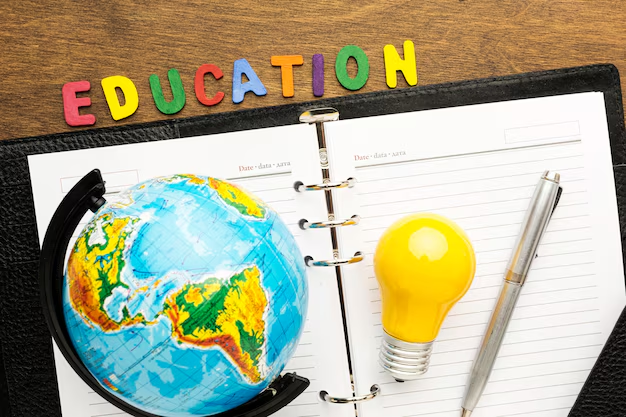
Education is often described as the key to unlocking a brighter future, both for individuals and for societies at large. Yet, despite its transformative power, many people around the world still lack access to quality education. Global access to education is not just an aspiration—it is a fundamental human right and a critical driver of social, economic, and political development. This essay explores the importance of ensuring that education is accessible to everyone, everywhere.
1. The Foundation of Economic Growth
Education is the cornerstone of economic development. A well-educated population is more productive, more innovative, and better equipped to meet the challenges of an ever-changing world. When people have access to quality education, they gain the skills and knowledge necessary to succeed in the workforce. This, in turn, leads to higher incomes, better job opportunities, and a stronger, more resilient economy.
In countries with higher education levels, the workforce is often more efficient, and the economy can diversify and adapt to new industries and technologies. Education also fosters entrepreneurship, enabling individuals to create businesses, generate jobs, and drive innovation.
2. Fostering Social Equality
Access to education is a powerful tool for reducing inequality. It empowers individuals from all backgrounds, regardless of their socio-economic status, gender, or ethnicity, to improve their lives. By ensuring that everyone has the same educational opportunities, societies can level the playing field and create more equitable opportunities for success.
Gender equality, for example, is closely tied to education. When girls are educated, they are more likely to enter the workforce, contribute to the economy, and invest in the well-being of their families. Educating girls also leads to healthier families and communities, as educated women are more likely to make informed decisions about their health, children’s education, and family planning.
3. Promoting Peace and Stability
Education plays a crucial role in fostering peace and stability. Societies with high levels of education tend to be more tolerant and less prone to conflict. Education encourages critical thinking, empathy, and understanding, reducing the likelihood of conflict and violence.
Additionally, quality education can help individuals better understand their rights and responsibilities, promoting active citizenship and a deeper connection to their communities. Educated citizens are more likely to engage in democratic processes, advocate for their rights, and participate in efforts to promote peace and justice.
4. A Tool for Environmental Sustainability
In an era of climate change and environmental degradation, education is key to building awareness about sustainability and preparing future generations to tackle global challenges. Through education, individuals can learn about the environment, the impact of human activity, and how to live in a more sustainable way.
Moreover, educational institutions play a critical role in developing the scientific and technical expertise needed to address environmental challenges. Access to education, particularly in science, technology, engineering, and mathematics (STEM), is essential for developing solutions to global issues such as climate change, biodiversity loss, and pollution.
5. The Role of Technology in Expanding Access
Technology has the potential to revolutionize education and break down geographical and financial barriers. With the rise of online learning platforms, digital resources, and mobile technology, education is more accessible than ever before. Even in remote or underserved regions, technology can provide students with access to world-class learning materials, enabling them to learn at their own pace and on their own terms.
Moreover, innovations like artificial intelligence and virtual classrooms offer new opportunities for personalized learning, bridging gaps in education that may have previously existed due to a lack of qualified teachers or resources.
6. Overcoming Challenges to Access
While the benefits of education for all are clear, significant barriers to access still exist. In many parts of the world, poverty, conflict, and inadequate infrastructure prevent millions of children and adults from attending school. Cultural factors, such as gender discrimination and child labor, also continue to limit access to education for some groups.
Governments, international organizations, and the private sector must work together to address these challenges. Initiatives such as the United Nations’ Sustainable Development Goal 4, which aims to ensure inclusive and equitable quality education for all by 2030, are important steps in the right direction. This goal emphasizes the need to remove barriers to education, particularly for marginalized groups, and to improve the quality of education to make it more relevant and impactful.
Conclusion
The importance of global access to quality education cannot be overstated. It is a critical tool for economic development, social equality, peace, and environmental sustainability. However, achieving this goal requires concerted efforts from all sectors of society. By working together to remove barriers and expand access to education, we can ensure a brighter, more equitable future for all. Education is not just a right; it is the foundation upon which we can build a better world for generations to come.
